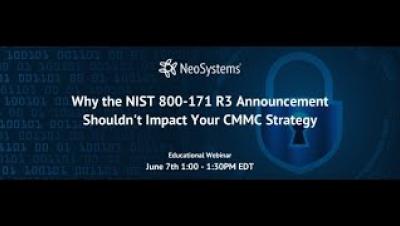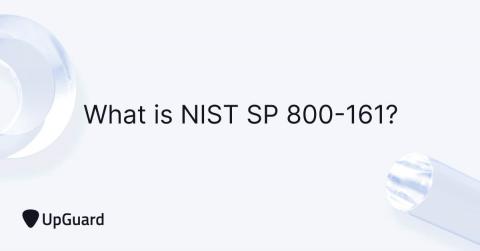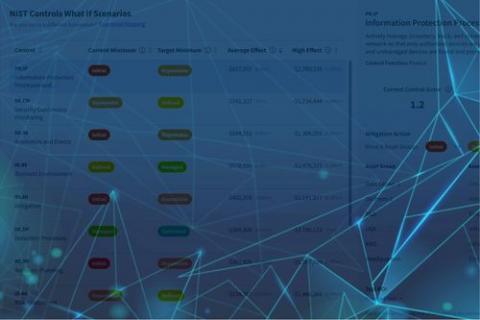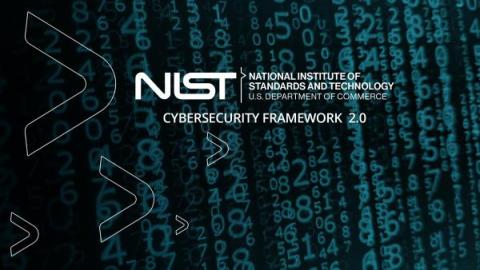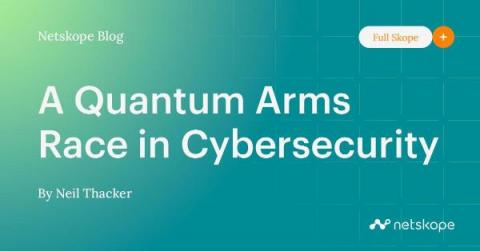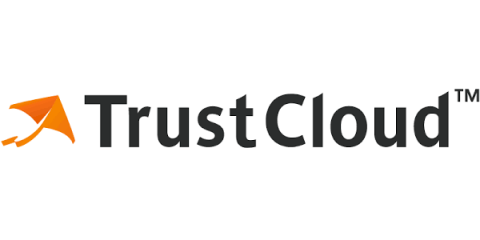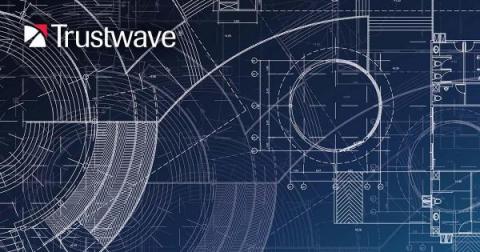Security | Threat Detection | Cyberattacks | DevSecOps | Compliance
NIST
NIST Cybersecurity Framework - All You Need To Know
The advent of technology and its latest innovations has come with its own challenges in the form of cyber attacks, and data theft, and protecting themselves from them is a task for most organizations and if not done properly, can leave the organizations vulnerable. This Blog Includes show What is NIST cybersecurity framework? All About NIST Why Is NIST Important? Make your Website / Web Application the safest place on the Internet.
What is NIST 800-161? Guide & Compliance Tips
New Feature: NIST CSF Mitigation Recommendations
Five Things to Know About the NIST CSF 2.0
The National Institute of Standards and Technology’s (NIST) Cybersecurity Framework (CSF) is undergoing a major update. Originally released in 2014, the NIST CSF is one of the most widely used cybersecurity frameworks helping organizations understand and manage their cybersecurity risk. NIST is currently updating the CSF to align with the latest cybersecurity trends and best practices, with the expected release date of the CSF 2.0 slated for the first quarter of 2024.
Ensure a secure IT environment with integrated network vulnerability management
NIST SP 800-171: What You Need to Know
A Quantum Arms Race in Cybersecurity
In 2001, NIST (the US National Institute of Standards and Technology) announced Advanced Encryption Standard (AES), a new encryption standard, designed to help organisations enhance protections against brute force attacks. The previous Data Encryption Standard (DES) had become vulnerable, with processing power growing, and the Electronic Frontier Foundation (EFF) had proved that DES encryption could be broken in less than 24 hours, therefore a new encryption standard was required.
Kintent® Launches World's First Free, Self-Service SOC 2 and NIST-CSF Readiness for Startups
How Trustwave Uses the NIST Framework to Inform Strategy and Mitigate Cybersecurity Risk
The National Institute of Standards and Technology’s (NIST) Cybersecurity Framework (CSF) is one of several “gold level” standards used by public and private organizations as the basis for their cybersecurity protocols. It is also the benchmark utilized by Trustwave to protect our clients. NIST rolled out the CSF in 2014 as a set of guidelines for mitigating organizational cybersecurity risks.


